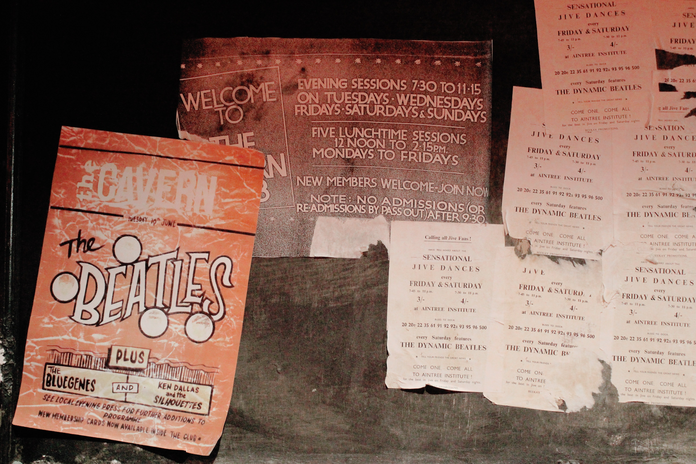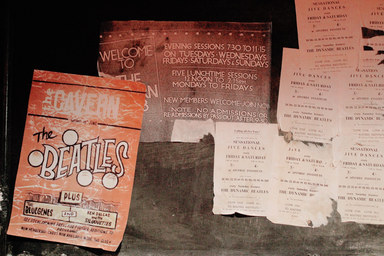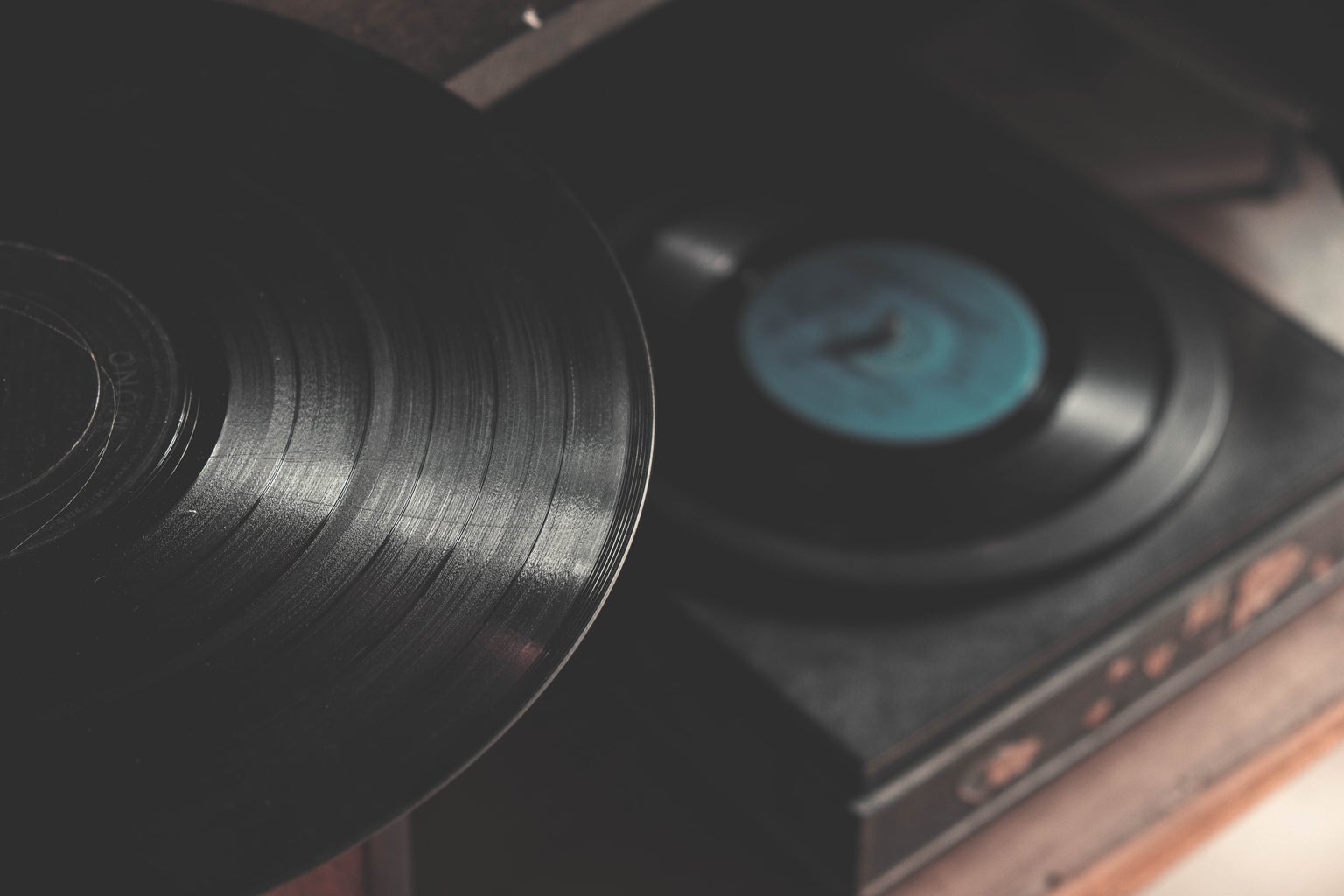It’s an exciting time to be a Beatles fan. With the Get Back series released in 2021, the remastering of their Revolver album in 2022, and their final song released in November of 2023, the impact of this band is universal and enduring sixty-six years after their conception. This song has been a long time coming, with the initial demo recorded in the late 1970s by John Lennon in his home-studio at the Dakota building in New York (the same building where he was killed in December of 1980). The Beatles had long been broken up by the time of his initial recording of “Now and Then,” and this demo would have been buried into the archives of dusty music history (or continued floating around as a faint, tinny bootleg for years), had Yoko Ono not given the cassette tape to Paul McCartney in 1994.
There were two other songs on the cassette tape— “Free as a Bird” and “Real Love”—and the remaining Beatles would finish these songs together as a tribute to John Lennon in the 1990s for their anthology album. The anthology album was, for a long time, the definitive end of the Beatles collaborative work. The Beatles bounced back into the charts and the cassette players of young people across the world in the 90s due to a cyclical wave of nostalgia which made music from the 1960s cool again—no longer the music your dad listened to, but the music that Kurt Cobain of Nirvana listened to and the band that inspired iconic britpop groups Blur and Oasis.
The three remaining Beatles at the time got together and finished the first two songs on the demo, but they never got around to finishing “Now and Then.” The sound quality was too poor, and the technology necessary to isolate and polish the vocals was not developed at the time. So, they added backup vocals, guitar, and drums to “Real Love” and “Free as a Bird” (the latter landed number six on the Billboard Hot 100 and won a Grammy award in 1997) and they pushed “Now and Then” for a later time. The opportunity for the band to finish the song together was jeopardized by the death of George Harrison in 2001. Now, four decades after the initial recording by John Lennon on his white Steinway grand piano, the song will see the light of day (and a worldwide release) on November 2nd.
This remixing project is made possible by the technology Peter Jackson (director of the Lord of the Rings trilogy and hero of Beatles fans everywhere with his work on the Get Back documentary series) used to isolate vocal and instrumental parts. For those who haven’t seen the documentary yet, it is a stunningly intimate look into the life of the band as they record their Let It Be album together. The AI technology used to isolate vocals masterfully renders their live performances, a restorative piece of technology that has massive implications for the musical world and the preservation of music.
Many fans were originally alarmed by Paul McCartney’s reference to AI technology, particularly after the controversial release of newly AI-created songs featuring the entirely digitalized voices of singers. These AI-generated songs are alarming, particularly in their ability to mimic the exact tone and cadence of celebrity voices. Paul McCartney reassured fans that John Lennon’s voice was not being replicated or falsely produced by the technology, but rather the technology is cleaning up the vocals that were originally unusable.
For Paul McCartney, the experience of finishing John Lennon’s original demo must be surreal, and he has said that the process of recording it was emotional. All four Beatles are involved in the song in one way or another—John Lennon’s original vocals and piano, George Harrison’s acoustic guitar parts that were recorded in the anthology sessions before his death, Ringo Starr on the drums, and Paul McCartney’s added bass, guitar, and piano parts. A string arrangement produced by Giles Martin, the son of “fifth Beatle” producer George Martin, will also be featured. It is a song that spans four decades, and it will be a final homage to one of the most influential bands in history.



